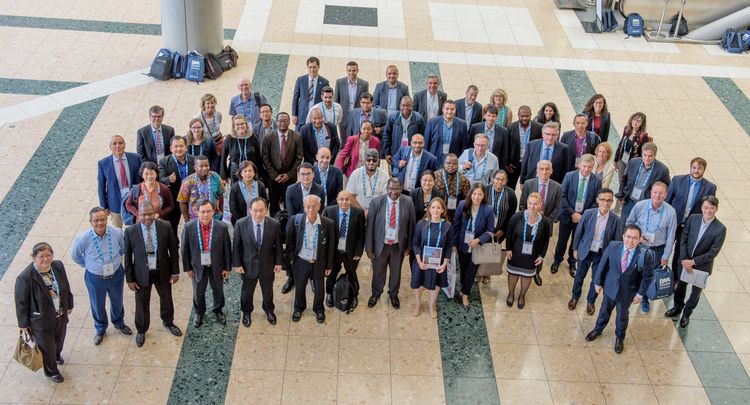Water Policy and Regulation
The Water Policy and Regulation Agenda spans all IWA agendas, connecting regulatory authorities and practitioners to inform and implement an enabling environment that makes the water-wise vision possible. The Lisbon Charter and the Call to Action on Strengthening Water and Sanitation Regulatory Systems guide our work.
